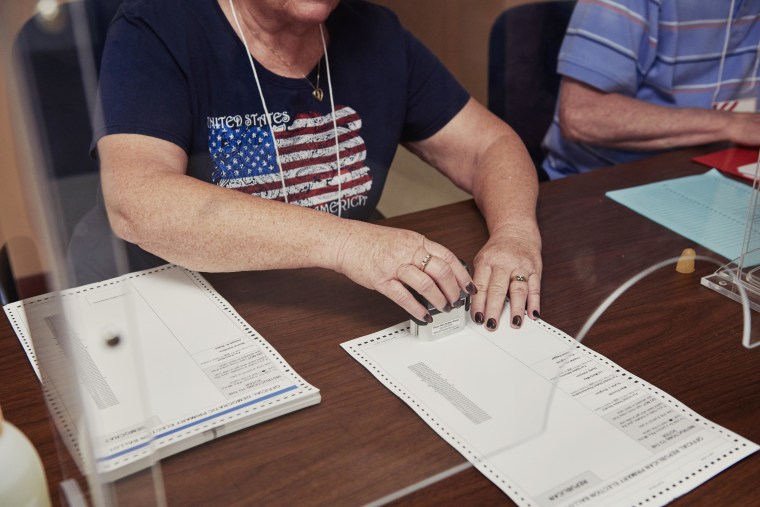When Republican policymakers in South Dakota refused to accept Medicaid expansion through the Affordable Care Act, health care advocates in the state decided to go around them. It wasn’t easy, but proponents successfully created a ballot referendum: South Dakotans would have a chance to decide for themselves whether to adopt the policy and extend coverage to roughly 42,000 low-income residents.
At that point, GOP legislators decided to pull a fast one: They put a related issue on the ballot, called Amendment C, that would force Medicaid expansion supporters to get 60 percent of the vote to succeed, instead of a simple majority. Making matters worse, Republicans tried to rig the process further by having voters decide on Amendment C on a day when many GOP primary voters — and not many Democrats — were likely to be casting ballots.
Yesterday, their scheme failed badly. The Argus Leader in Sioux Falls reported:
Thank you, but we will keep our ballot measures the way they are. That was the message voters sent to the creators of Amendment C, which was the only issue on Tuesday’s primary ballot that all voters were eligible to weigh in on. And opponents of the measure tipped the scales. By a wide measure. Amendment C was losing by 69% to 31% when the Associated Press called the race at 10:01 p.m.
The fact that South Dakota Republicans even tried this ridiculous gambit remains astonishing. Health care advocates honored the system and played by the rules to get Medicaid expansion onto the ballot, at which point GOP legislators decided they wanted to change the rules in the middle of the game.
A report in Bolts magazine added, “Some Republicans have explicitly acknowledged that they scheduled Amendment C for the June ballot to stall November’s Medicaid expansion proposal.”
It was an ugly scheme, and its failure is worth celebrating.
Indeed, as we discussed ahead of the vote, part of what made this so extraordinary was seeing the lengths some Republican policymakers were willing to go to prevent thousands of struggling families from having access to health care coverage. But just as importantly, this dispute was also about democracy.
As Democratic state Sen. Troy Heinert explained, Amendment C was part of “a systematic assault on the will of the people.”
Looking ahead, there’s still another hurdle to go for health care advocates in South Dakota: Election Day in November.
To be sure, there’s no guarantee of success: South Dakota is quite conservative, and getting a majority of the state’s voters to support the policy — in an election year that’s likely to be rough for progressive candidates and causes — is a real challenge.
But at least they now know that the race will be decided by majority rule.

